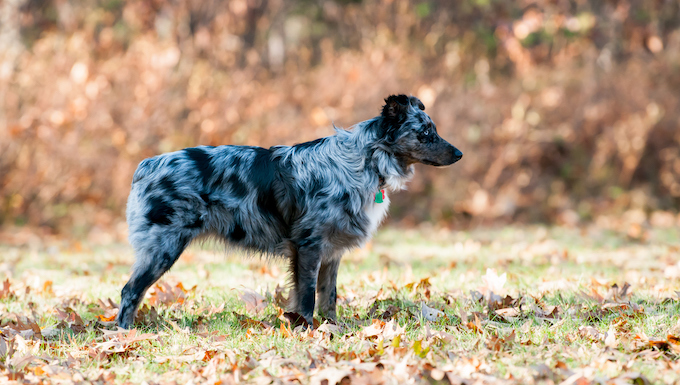
What are the dog laws in New Hampshire? Does New Hampshire have dog laws? If you live in this state, you might be wondering what the law says about issues like rabies vaccination, dog bites, dog abandonment, or dog cruelty.
Read on for more information about dog laws in New Hampshire.
Rabies Vaccination Laws
Vaccination is required by law in New Hampshire for dogs, cats, and ferrets three months of age and older. This includes indoor pets. Dogs must be vaccinated for rabies within 30 days of turning three months old. New Hampshire law also states that every dog, cat, and ferret must be revaccinated. This will occur between nine and 12 months after the initial vaccination. Subsequently, mustshall receive booster vaccines. In rabies infected areas, recently vaccinated animals will be kept under control for at least 30 days. After this, they will be allowed to run free.
In addition, a dog may receive vaccine exemption due to medical status. Still, this is only after an examination by a veterinarian.
Every dog is required to be registered yearly with their city or town. A valid rabies vaccination certificate is required for this registration
Dog Bite Laws
NH Revised Statutes section 466:19 makes a dog owner liable for harm caused by a dog’s “vicious or mischievous acts.” This does not only apply to a direct bite. It could also apply to any incident caused by a dog that results in harm. For example, in Bohan v. Ritzo, 141 N.H. 210, 218 (1996), the New Hampshire Supreme Court decided that a dog owner was liable for injuries. These injuries resulted when the owner’s dog scared a bicyclist. This caused the bicyclist to crash, despite no direct bite occurring.
If injury is due to the negligence of another person, the strict liability statute may not apply. Situations in which the dog’s owner would not be liable can vary. For example, an intruder on private property would likely not be able to sue if bitten by the resident’s dog. If your dog were to attack during a home invasion, you would not be liable.
If a dog is determined to be a public danger, the court may order euthanasia of the dog with sufficient evidence. This is more likely in cases where the dog did not receive appropriate vaccinations.
Dog Abandonment Laws
Abandonment of an animal is considered a misdemeanor or class B felony. Abandonment falls under animal cruelty in New Hampshire. This may include anyone who causes an animal to be left without supervision or adequate provision for its care, sustenance, or shelter. Those charged with such offenses may face jail time, pay fines, and lose custody of the animal. Offenders may be barred from owning any future animals.
After a conviction of cruelty to animals, the court will dispose of the confiscated animal(s) in any manner. There are some exceptions. For example, cases in which the animal is owned or co-owned by persons other than the defendant. In some cases, the defendant may not want the confiscated animal. In these situations, priority will be given to restoring full ownership rights to any person with proof of ownership. This is only if it is in the best interest of the animal’s health, safety, and wellbeing.
If convicted, the owner will pay to provide the confiscated animals’ care & veterinary services.
Dog Cruelty Laws
Animal cruelty charges in New Hampshire include acts that injure or are detrimental to the health, safety and welfare of any animal. This includes the abandoning of any animal without the proper provisions being made for its care. A first offense is often a misdemeanor. However, this can vary based on the circumstances of the case and the severity of the cruelty. For a later offense, the charges bump up to a Class B felony.
The law says that anyone found abusing animals in the state of New Hampshire may have their animals taken by the arresting officer. Upon conviction, the judge can decide what happens to the animals.
According to NH law, the possession, breeding or training of any animal with the use or intent to use them for animal fighting is a class B felony [RSA 644:8-a, I]. It’s also a class B felony to be present at, or to contribute to such an exhibition.
There’s a lack of specific laws on tethering in this state. But, any condition that causes an animal harm is classified as animal abuse. Consequently, this could include tethering for long periods of time, or without access to shelter.
How New Hampshire Dog Laws Rank Among Other States
Out of the 50 states ranked by the Animal Legal Defense Fund, New Hampshire came in at number 13. There are many benefits to being an animal residing in New Hampshire. There is a court calendar priority when animals are in custody, and animals may be included in protection orders. And on the downside, veterinarians are not required to report suspected animal cruelty.




